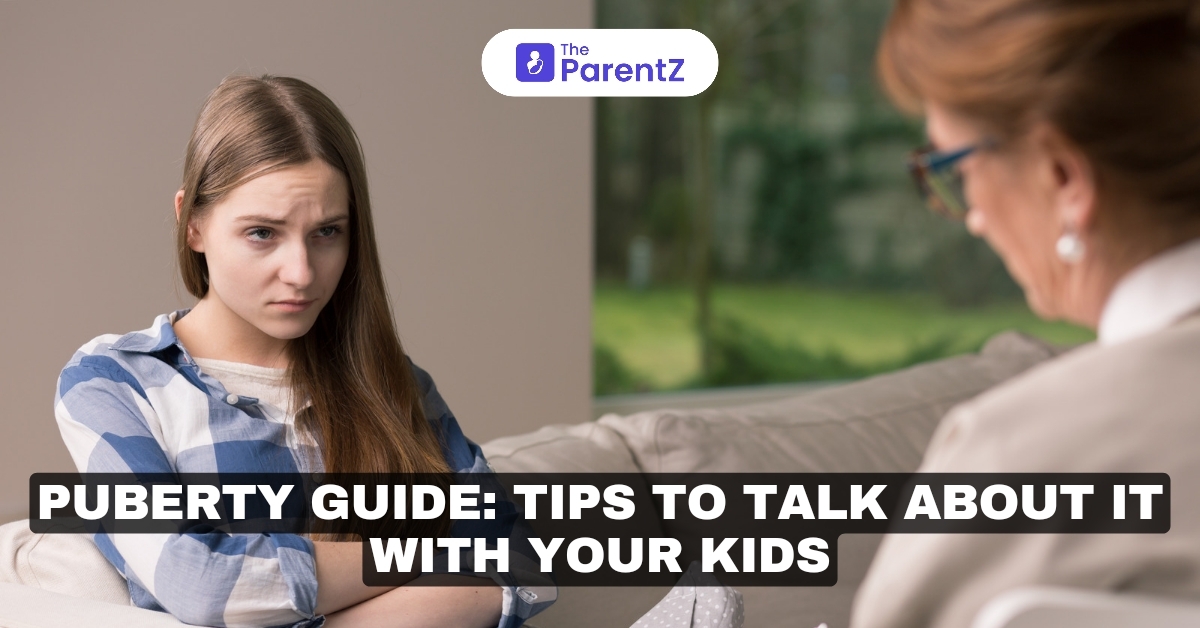While the discussion of puberty is important, some parents might feel overwhelmed about how to talk about it with their teens. Since puberty is a natural process, discussing it openly will help your kids understand their bodily and emotional changes in a better way.
Usually, puberty hits girls at the age of 8–13; for boys, this age limit is 9–14. And in some cases, these changes might be scary and confusing for kids. Statistics suggest that nearly 50 percent of girls get periods by the age of 12, while 60 percent of boys experience physical changes by 12.
Therefore, as parents, it becomes your responsibility to make them comfortable with the process and help them feel positive about such changes. In fact, a study highlighted that kids who talk openly about puberty with their parents are 40 percent more likely to feel positive about puberty changes.
Read below this guide to figure out how you can talk about puberty openly with your kids.
Common Changes During Puberty
Puberty comes with a lot of physical changes, which vary from girls to boys.
Puberty Changes in Girls:
Given below are some of the common changes that can be seen in girls hitting puberty.
- Starting menstruation
- Development of breasts
- Growth of body hair
- Change in body, such as a wider hip
Puberty Changes in Boys
Here are some of the common changes that boys experience during their puberty phase.
- Growth of facial and body hair
- Deepening of voice
- Growth, penis, and testes
- Gain in muscle mass
Top Tips to Talk About Puberty With Your Kid
If you feel hesitant while initiating an open conversation on puberty with your growing kids, the tips listed below will surely be helpful to you.
- Begin Before Puberty
Initiating a conversation about puberty before it actually hits helps in a better way. This way, the kids are able to figure out their expectations and how they can be prepared for them. Make sure you communicate in simple language so that your kids can understand easily.
- Honesty is Crucial
Most parents often hide some facts they feel awkward discussing. However, honesty is important in the long run. Therefore, use accurate terms for the body parts and what changes to expect during puberty.
- Make the Conversation Normal
Since puberty itself is a natural process, communicating about it should also be done in a natural manner so that your kids don’t feel awkward. Whether it's over an evening chitchat or while playing with them, using everyday opportunities will make the discussion more normal.
- Be Supportive
Let your child know that everyone goes through puberty, which is a normal process of growth. This way, they will feel more adjusted and less uncomfortable during this growth phase. Simultaneously, let them know you are always available to answer their concerns without the need to feel embarrassed.
Discussion doesn't always need to be complicated. With some simple tips, you can take some time to discuss puberty changes with your kids without making them feel embarrassed. And reassuring them about the normality of puberty becomes the most important aspect.





Be the first one to comment on this story.